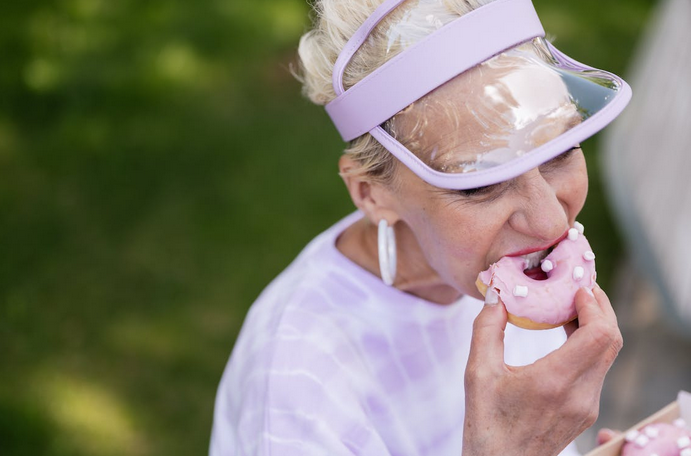Oral Health Issues That Can Arise as You Age
Aging is a beautiful, natural part of life, and with it comes various changes – including those that affect your oral health. The Calgary Dental Marketing and PR team explained that as we get older, certain dental issues become more prevalent and require extra attention to maintain a healthy smile. To learn further, read on. We’ve provided a short guide on oral health concerns that can arise as you age and provide valuable tips on how to keep your mouth in tip-top shape.
Increased Tooth Sensitivity
You may find yourself wincing in pain when biting and chewing hot or cold foods and beverages, or even when breathing in chilly air. This discomfort occurs when the protective layer of enamel on your teeth starts wearing down, exposing the sensitive dentin underneath.
There are several factors that contribute to this heightened sensitivity. Over time, brushing too aggressively or using a hard-bristled toothbrush can erode enamel. Additionally, gum recession due to periodontal disease can bring more exposure to the roots of your teeth, which are more susceptible to sensitivity.

Tooth Decay
Now this is the most common oral health issue affecting people of all ages, but it becomes more prevalent as we age. As the protective enamel on our teeth wears down over time, it leaves them susceptible to decay and cavities. This is especially true if left untreated. Changes in diet and lifestyle habits as we age can also increase the risk of tooth decay.
Seniors may consume more sugary snacks or drinks, especially if they have difficulty chewing certain foods or suffer from dental problems. Additionally, issues such as receding gums or exposed tooth roots due to gum disease can make teeth more vulnerable to decay.
Gum Disease
AKA periodontal disease, this oral concern is also very common and affects people of all ages. However, as you age, the risk of developing gum disease skyrockets. This condition occurs when bacteria in plaque irritate and inflame the gums. So check for the early sign – bleeding gums. If they bleed while brushing or flossing, try not to ignore this symptom. Other warning signs include redness, swelling, and tenderness in the gums.
Dry Mouth
As we age, one oral health issue that can creep up on us is dry mouth. This condition occurs when there isn’t enough saliva in the mouth to keep it moist and lubricated. Dry mouth can happen due to taking certain medications, having medical conditions such as diabetes or Sjogren’s syndrome, and even just being in the natural aging process itself.
Regardless of the cause, though, dry mouth can lead to discomfort and other complications. Aside from tooth decay, dry mouth can contribute to bad breath (halitosis) since saliva helps wash away odor-causing bacteria. It can also make speaking and swallowing more difficult due to the lack of moisture in the mouth.
Final Takeaway
So how do we keep our mouths healthy even as we’ve reached the 40s? First off, maintain good oral hygiene. Of course, regular dental check-ups are also crucial, even if you have no pain or visible issues. Dentists can detect problems early on and provide necessary treatments like professional cleanings, fillings, or gum disease management.
Last but not least, watch your diet. A well-balanced diet that has a powerful punch of vitamins and minerals helps support good oral health. Limit sugary snacks and beverages that can contribute to tooth decay. Instead, opt for fruits, vegetables, lean proteins, and plenty of water.…

